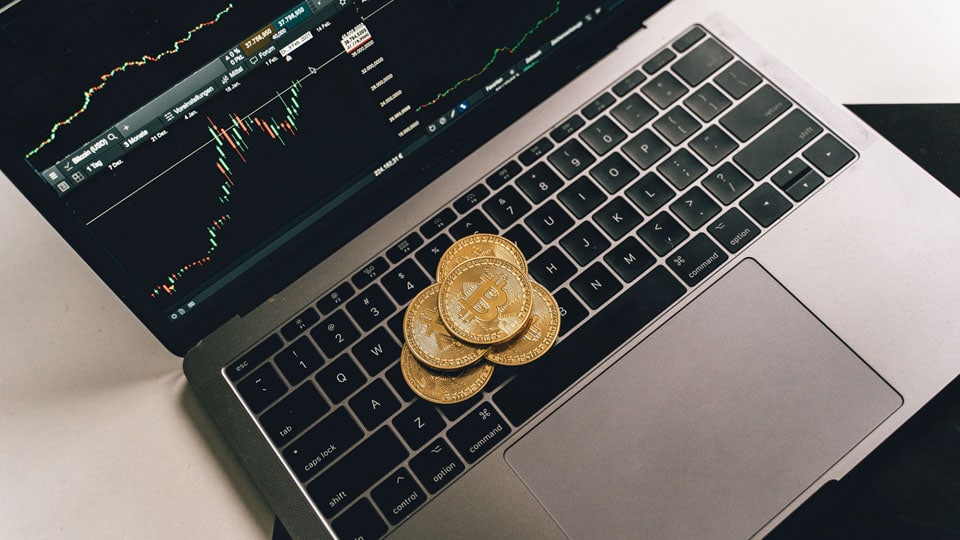The delay came just a few months after the newly elected president named Yoon Suk-yeol promised on working first on regulations. The government of South Korea reportedly postponed the 20 percent tax on crypto gains by two years. This controversial 20 percent tax on cryptocurrency gains was about to come into impact on 1st January next year. But it got postponed till 2025. Trade Cryptos stablecoins and other coins on the most trusted platform bitcoin trader software
The government officials declared their plans for new tax reform deferring the policy of crypto tax to 2025. They cited stagnant market conditions and the time needed for the investment protection measure’s preparation. The initial plans to impose an extra 20 percent on cryptocurrency gains exceeding 2.5 million won in a 1 year period stayed unchanged.
The controversial 20 percent cryptocurrency tax now got delayed for the second time as it was first declared last year in January. At first, the tax was supposed to get introduced by this year January. Yet lawmakers in this country deferred it to next year. Thus it got delayed by two more years.
The chairman of the Tax Subcommittee, Kim Young-jin is one of the lawmakers who opposed the policy of crypto tax and called for strong crypto regulation formulation first. With one newly elected pro-cryptocurrency president in Korea, the country has hopes of regulating the cryptocurrency market initially and then implementing tax rules.
Cryptocurrency tax lead the agenda of the government as the cryptocurrency market reached new highs in the last couple of years. Similar to the proposal of South Korea’s 20 percent tax, Thailand declared a 15 percent cryptocurrency gains tax. Yet it got huge backlash from different retail trades. Eventually, the government scrapped the tax policy.
India put a 30 percent tax on cryptocurrency beginning from 1st April. Yet the huge taxation wreaked havoc on cryptocurrency exchanges in India. This was because volumes of trading plunged more than 90 percent within a few weeks of the new tax laws’ introduction.
A report that got leaked in May 2022 suggested that this newly elected president has been working for introducing the Digital Asser Basic Act by early 2023. These regulations will stay focussed on NFTs and initial coin offerings. It will expand infrastructure and support research on central bank digital currency.
The current scenario
Authorities of South Korea decided to postpone taxation of asset class till 2025. It was as per an official declaration. This 20 percent capital gains tax on crypto was expected to start its action in 2023’s start. It offered some reasons for the delay. The plan of tax had been delayed already before.
This 20 percent tax will apply to cryptocurrency gain exceeding $1900 in a period of one year. Few enthusiasts of the market feel aggrieved regarding such a rule because they feel that taxing gains more than $1900 is very strict. Smaller crypto investors particularly will get hurt by such a particular threshold.
The reason behind pushing back this taxation was that the conditions of the market have been stagnant. Some time was needed for implementing measures of investor protection. Kim Young-jin, the chairman of the Tax Subcommittee mentioned that wider crypto regulation generally was essential before you go ahead with taxation.
The focus of Korea on cryptocurrency tax was a subject of discussion last year. It has been since the time the country first delayed cryptocurrency tax to next year. The decision of taxing this asset class was met with few criticisms though there has been some relief that NFTs would get executed from taxation.
As with cryptocurrency regulation, South Korea’s financial regulator was ramping up all efforts considerably. Recently the authority started to probe foreign exchange transactions at some commercial banks for the illegal use of crypto. It Terra investigation also often has been making some headlines.
Conclusion
Cryptos were on the mind of many countries recently. It is unsurprising provided how fast the market grew and earned investors in the last 2 years. After letting the asset class operate following a lot of deliberation, such countries turned to taxation for imposing a few kinds of control on this market.








Recent Comments